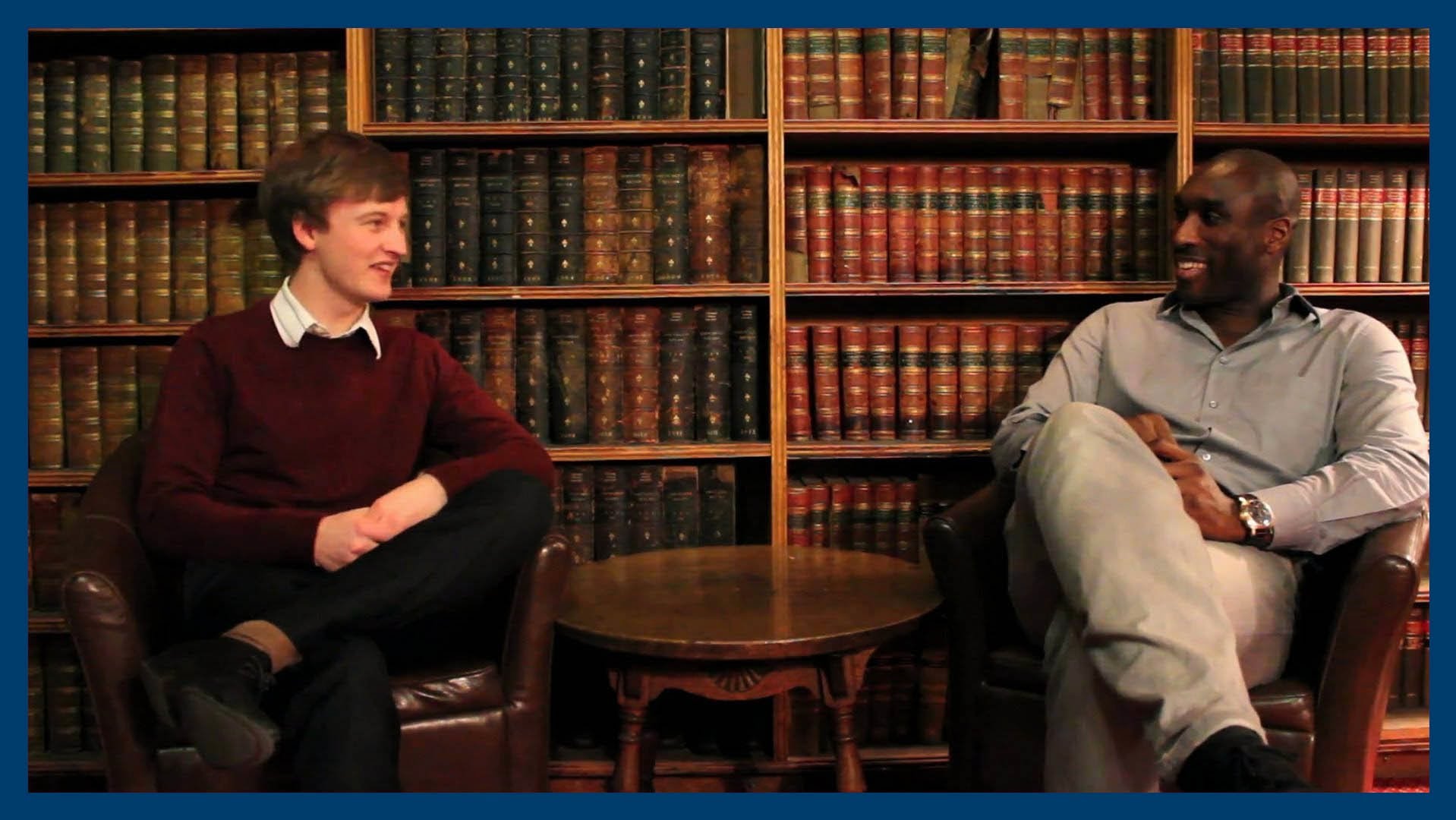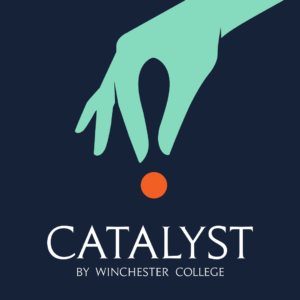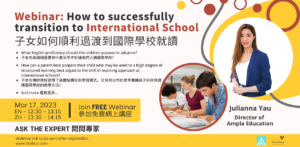Liberal arts colleges are strongly associated with American higher education and many rank as top-tier academic institutions. Your college counselor or mentor may have recommended that you apply to a liberal arts college, such as Wellesley, Swarthmore, or Amherst College. However, you have no idea what a liberal arts education entails. This article provides an introductory guide to what a liberal arts college is and whether it is a good match for you.
While there is no clear-cut definition for what constitutes a liberal arts college, these institutions are primarily characterized by a generalist curricula, emphasize critical thinking, and have small class sizes. Liberal arts colleges are typically undergraduate programs only, but some have M.A. or Ph.D. degrees that accept a limited number of graduate students. If you choose to attend a liberal arts college, you will find that these characteristics strongly affect the academic, faculty-student, and student experience of your college career.

For one, the generalist curricula of a liberal arts education enable students to major in one discipline, while gaining exposure to a range of academic subjects. Most liberal arts colleges will require you to take a set number of courses, outside of your major, in the sciences and humanities to ensure breadth in your education. Due to the diverse academic interests of liberal arts students, a high proportion of students choose to double major, such as in economics and psychology.
Another fundamental attribute of a liberal arts college is the high faculty to student ratio and small class sizes. Faculty at liberal arts colleges, while having distinguished research and publication credentials, are more focused on teaching than research. Due to the emphases on teaching, faculty at liberal arts colleges almost always have set “office hours” outside of class time. “Office hours” are an opportunity to ask your professor about class material, receive additional mentorship, or chat about a topic of interest. As a result of this open-door philosophy, you can get to know your professors very well.

Additionally, seminar-structured classes, which emphasize class participation, rigorously develop students’ communication skills. In a typical class, you may see students hotly debate and present their opinions on foreign policy, philosophy, and English literature. In another class, you may see students work out a math or physics problem together on the board. Moreover, small class sizes—ranging from 4 to 15 students—also enable students to delve deep into the class material, especially as students reach upper level courses. Popular introductory courses, however, like biology or chemistry 101, may have larger class sizes.
Finally, liberal arts colleges take great effort to build a strong sense of community. Some colleges set up mentorship programs, where upper classmen act as “big sisters” or “big brothers” to ensure their younger peers successfully transition to college life. Moreover, due to the small incoming class size (approx. 400-600 students), by graduation you will likely know all your peers through classes, dorm life, and extra-curricular activities.
Many students select liberal arts colleges for the faculty-student mentorship, broad curriculum, strong sense of community, and encouragement to participate in class discussions. If this is what you’re looking for, a liberal arts education may be just for you!
______________________________________________________________
To find out more about Ampla Education’s university admissions consulting, contact us at info@ampla-edu.com
________________________________________________________________________
Elizabeth received her Bachelor’s from Williams College, a top liberal arts college in the United States, and her Master’s in Counseling from New York University. During her Master’s, Elizabeth specialized in counseling children with ADHD and learning disabilities. Through the course of her 8+ years working with children and teens, Elizabeth has tutored English and mathematics, worked as a psychotherapist, and co-led art therapy groups. Elizabeth’s extensive teaching experiences, training in child psychology, as well as encouraging and engaging temperament makes her a perfect tutor for students of all age levels and diverse needs. Elizabeth will start her Ph.D. in Clinical Child Psychology at Florida State University in the fall.
______________________________________________________________
________________________________________________________________________
© Ampla Education – Unauthorised use of this material without permission is strictly prohibited. Excerpts and links may be used, provided that full credit is given to Ampla Education.



















